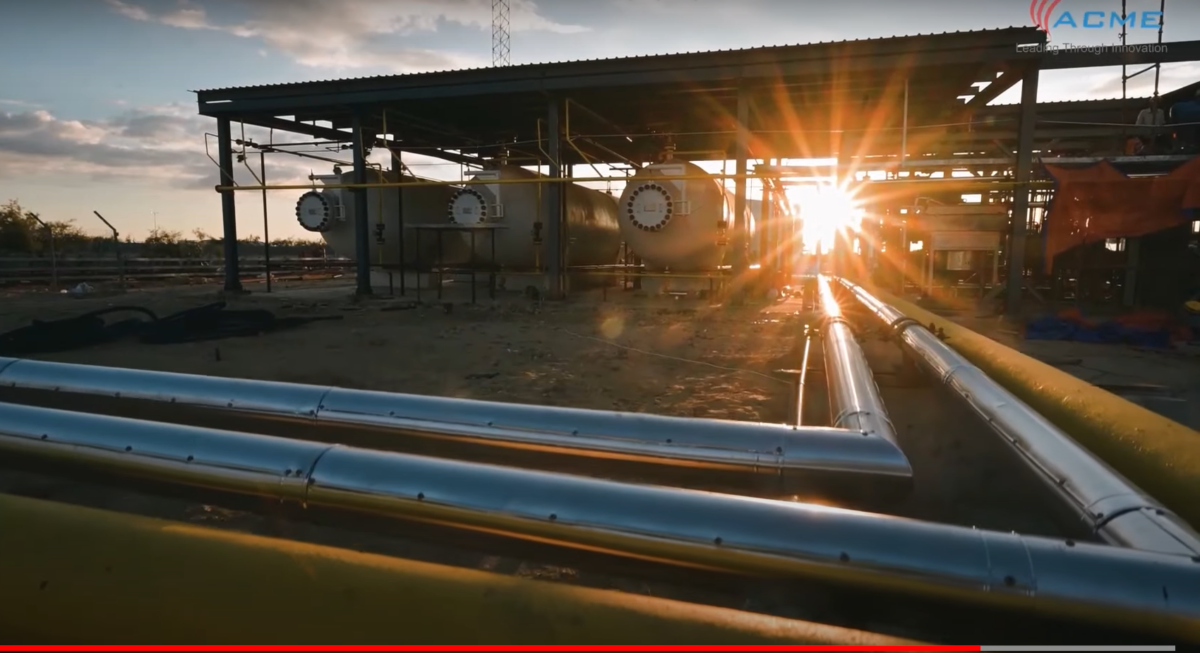The Union Cabinet, chaired by Prime Minister Narendra Modi, has approved the National Green Hydrogen Mission with an initial outlay of INR 19,744 crore. The allocation includes INR 17,490 crore for the Strategic Interventions for Green Hydrogen Transition (SIGHT) program, INR 1,466 crore for pilot projects, INR 400 crore for R&D, and INR 388 crore for other mission components.
The Ministry of New and Renewable Energy (MNRE) will formulate the scheme guidelines for the implementation of the respective components.
The Mission targets the development of a green hydrogen production capacity of at least 5 MMT (million metric tonnes) per annum by 2030 with an associated renewable energy capacity addition of about 125 GW in the country. The targets by 2030 are likely to bring in over INR 8 lakh crore in investments and create over 6 lakh jobs while leading to a cumulative reduction in fossil fuel imports by over INR one lakh crore. Nearly 50 MMT per annum of CO2 emissions are expected to be averted by 2030.
The Mission will facilitate demand creation, production, utilization, and export of Green Hydrogen. Under the SIGHT program, two distinct financial incentive mechanisms targeting the domestic manufacturing of electrolyzers and the production of Green Hydrogen will be provided. The Mission will also support pilot projects in emerging end-use sectors and production pathways. Regions capable of supporting large-scale production and/or utilization of hydrogen will be identified and developed as green hydrogen hubs.
“An enabling policy framework will be developed to support the establishment of a Green Hydrogen ecosystem. A robust Standards and Regulations framework will be also developed. Further, a public-private partnership framework for R&D (Strategic Hydrogen Innovation Partnership – SHIP) will be facilitated under the Mission; R&D projects will be goal-oriented, time-bound, and suitably scaled up to develop globally competitive technologies. A coordinated skill development program will also be undertaken under the Mission,” according to a government release.
This content is protected by copyright and may not be reused. If you want to cooperate with us and would like to reuse some of our content, please contact: editors@pv-magazine.com.









1 comment
By submitting this form you agree to pv magazine using your data for the purposes of publishing your comment.
Your personal data will only be disclosed or otherwise transmitted to third parties for the purposes of spam filtering or if this is necessary for technical maintenance of the website. Any other transfer to third parties will not take place unless this is justified on the basis of applicable data protection regulations or if pv magazine is legally obliged to do so.
You may revoke this consent at any time with effect for the future, in which case your personal data will be deleted immediately. Otherwise, your data will be deleted if pv magazine has processed your request or the purpose of data storage is fulfilled.
Further information on data privacy can be found in our Data Protection Policy.